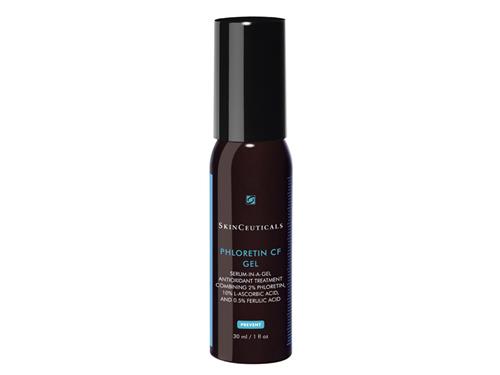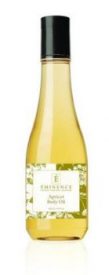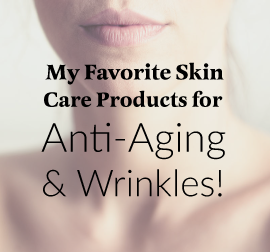Long term safety of kojic acid in skin lightening creams.
Someone asked this on Twitter recently but the answer really is too long for a tweet. So here it is!
Kojic acid has been used for years in skin care creams designed to treat brown spots, melasma and other pigment problems. It’s derived from a fungus Aspergillus and purified in the lab for use in aesthetics. It’s one of the ‘naturally’ derived pigment inhibitors that has been shown to work.
Plant or naturally derived skin lighteners, in this case derived from a fungus, are used all over the world in various concentrations to treat pigment problems. None of these work perfectly, and none work as well in studies as hydroquinones which are banned in some countries, but still available in the US.
When is kojic acid not Safe:
- For use on injured or damaged skin because it will cause irritation and a possible allergic reaction
- In concentrations greater than 2%. Most creams in the US and Europe are 2% or less. There are probably “bootleg” creams in Asia that are higher concentrations.
- If causes irritation of any kind, needs to be stopped. In a small study (1995 Contact Dermatitis), about half the patients using kojic acid in cream form developed an allergy or irritant reaction over a 12 months period.
- Avoid in pregnancy until more data.
When kojic acid is safe as far as we know:
- Concentrations less than 2%. 1% even less likely to be irritating or to cause an allergy.
- Little or no evidence that it can cause cancer. (from the EWG – environmental working group)
- Generally use kojic acid creams no more than 1-3 months.
- Little or no evidence of endocrine (glands and hormones) disruption (from the EWG)
Bottom Line – Plant based lighteners and kojic acid are probably better than nothing, but only when combined with consistent use of a high zinc (15-20%) sunscreen on a daily basis. They are an alternative for those who are allergic to or concerned about hydroquinones. Like hydroquinones, they have significant potential, especially when they contain kojic acid over 1%, to cause allergies and irritation.
Kojic acid is one of the ‘naturally’ derived pigment inhibitors that actually works somewhat, although not as well as hydroquinone (prescription if over 2% in the US). Companies are combining often 4-6 of these agents, including kojic acid, in one cream to try to enhance the results. Combination creams have still not been particularly successful due to minimal results.
Hope this helps, Dr. I















